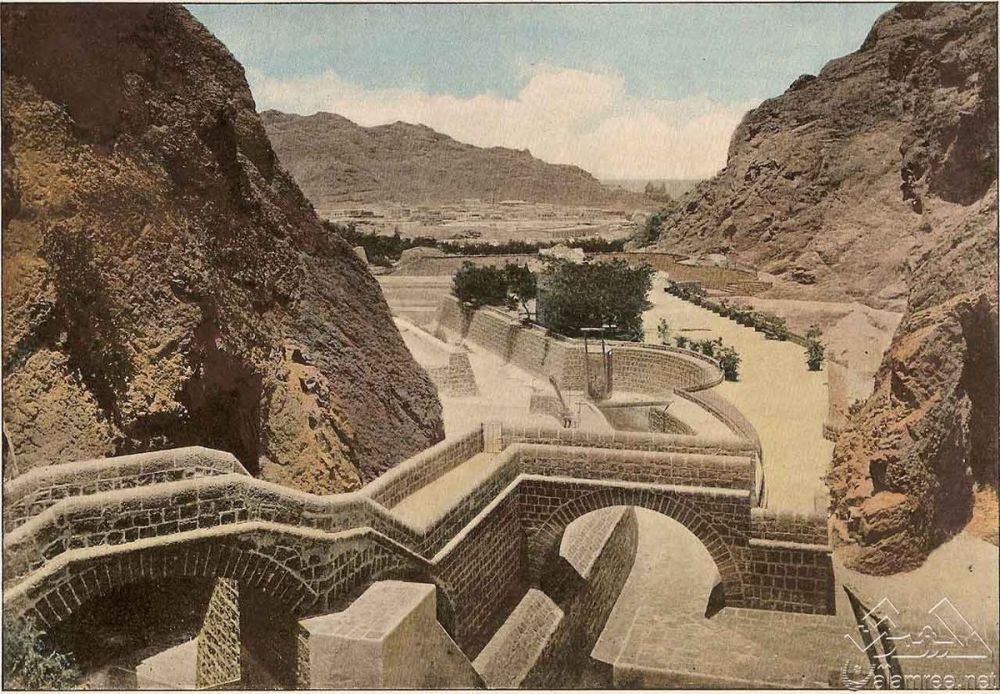

The Tawila Tanks in Aden, Yemen, have long been a site of historical significance and intrigue for those drawn to the country's rich past and cultural heritage. Built by the Himyarite kingdom, which dates back to around the 1st century AD, these tanks are an ancient engineering marvel, consisting of a complex system of water cisterns designed to capture and store the region’s sparse rainfall.
Over the centuries, the Tawila Tanks have been a testament to the region's ability to support its inhabitants in a harsh, arid climate. This site has attracted historians, archaeologists, and travelers interested in the advanced ancient water management systems.
In the 20th century, with Aden's status as a British colony from 1937 to 1967, the strategic port city witnessed an influx of international visitors, including tourists who came to marvel at the Tawila Tanks. The British colonial establishment invested in the preservation and presentation of the tanks as a historical attraction, though its focus was primarily on the development of Aden as a military and trading port city.
The latter half of the 20th century and into the 21st century has seen significant challenges to the tourism sector in Yemen, notably due to political instability and conflicts. The reunification of North and South Yemen in 1990 and subsequent civil unrest greatly affected the ability of historic sites, including Tawila Tanks, to draw international visitors.
Recent conflicts, especially the Yemeni Civil War that began in 2014, have further diminished tourism to the area, with many countries issuing travel warnings to their citizens against visiting Yemen due to safety concerns.
Despite the challenges, there remains a strong potential for tourism in Tawila Tanks and Yemen as a whole, contingent upon the return of stability to the country. A testament to this are the brief periods of relative peace when Yemen has shown signs of a tourist renaissance, with intrepid travelers visiting historical sites like the ancient city of Shibam and the Old City of Sana'a, both UNESCO World Heritage sites, along with the cultural landscape of Tawila Tanks.
Moreover, the latest trends in global tourism towards sustainable and cultural travel could benefit destinations like Tawila Tanks. A growing movement of travelers is seeking more meaningful and responsible travel experiences, which could place sites like Tawila Tanks, with its deep historical roots and cultural significance, in a favorable position for future tourism development.
In conclusion, while the Tawila Tanks in Aden reflect a place of significant historical value and possess the potential to be a beacon for tourism in Yemen, ongoing conflicts and instability continue to impede its progress. Should the situation in Yemen improve, there might once again be an opportunity for the Tawila Tanks to emerge as an important cultural destination on the world stage.